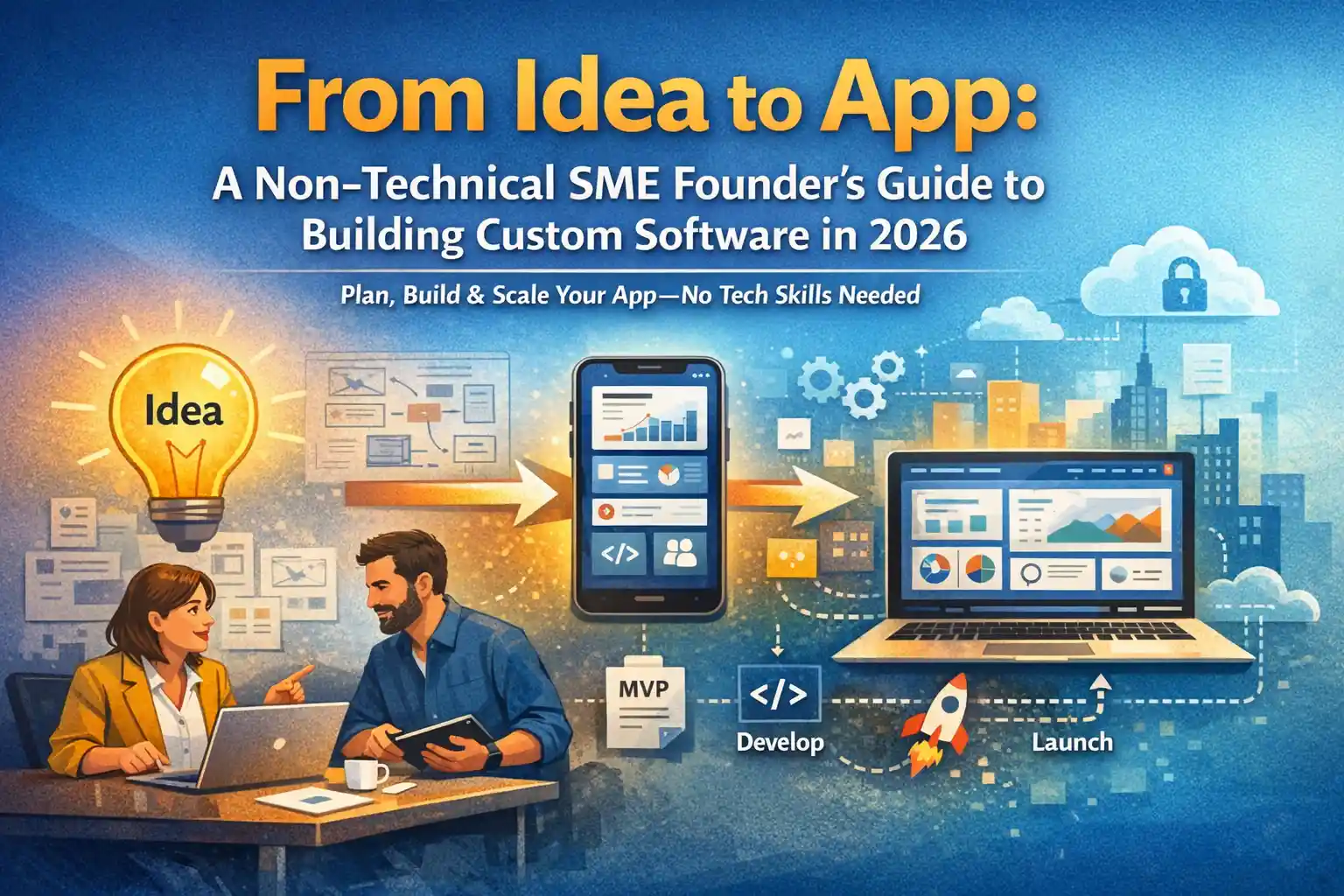Mobile App Development For Businesses
22 Jul 2024What is Mobile App Development?
Mobile app development refers to the process of creating software applications specifically designed to run on mobile devices such as smartphones and tablets. It involves a combination of designing the user interface, developing the app's functionality, testing its performance, and deploying it to the intended platform.In today's digital era, mobile app development has emerged as a crucial aspect of business success. With the increasing popularity of smartphones and tablets, businesses have realized the immense potential of mobile apps in engaging customers, expanding their reach, and driving growth. In this comprehensive guide, we will explore the world of mobile app development for businesses, covering its definition, benefits, development process, and different types of app development.
Why Build An App?
Developing a mobile app offers numerous advantages for businesses. Firstly, it allows you to directly engage and connect with your target audience, providing a personalized and convenient user experience. Secondly, an app helps increase brand visibility, strengthen customer loyalty, and improve customer retention. Moreover, mobile apps enable businesses to leverage various features such as push notifications, location-based services, and mobile payments to enhance user engagement and drive sales.
How To Develop A Mobile Application?
The process of mobile app development involves several key steps. It begins with defining your objectives and identifying your target audience. Market research helps you understand the market landscape and identify unique opportunities. Next, you plan the features and functionalities of your app, followed by designing the user interface and user experience. Development involves coding the app using the appropriate programming language and framework, while testing ensures its performance and functionality. Finally, the app is deployed to the respective app stores and regularly maintained and updated based on user feedback and market trends.
Types Of App Development
Native App Development
Native apps are developed for a specific platform, such as iOS or Android, using platform-specific programming languages (Swift or Objective-C for iOS, Java or Kotlin for Android). They offer excellent performance and full access to device features but require separate development efforts for each platform.
Web App Development
Web apps are accessed through web browsers and run on various devices. They are built using web technologies such as HTML, CSS, and JavaScript. Web apps are platform-independent, cost-effective, and easier to maintain, but they may lack some device-specific functionalities.
Hybrid App Development
Hybrid apps combine elements of both native and web apps. They are built using web technologies but wrapped in a native container that allows them to be installed and run like native apps. This approach offers the advantage of writing code once and deploying it on multiple platforms, reducing development time and cost. However, hybrid apps may not achieve the same level of performance as native apps.
Progressive Web Apps (PWAs)
PWAs are web applications that use modern web technologies to deliver an app-like experience to users. They can be accessed through web browsers and installed on the user's home screen, just like native apps. PWAs offer fast loading times, offline functionality, and the ability to send push notifications, providing a seamless user experience.
Cross-Platform App Development
Cross-platform app development allows developers to write code once and deploy it across multiple platforms, including iOS, Android, and others. This approach reduces development time and cost while maintaining a consistent user experience. Cross-platform development frameworks like React Native and Flutter have gained popularity for their efficiency and performance.
Conclusion
Mobile app development has become a vital strategy for businesses looking to enhance customer engagement, increase brand visibility, and drive growth in the digital landscape. Whether you choose native app development, web apps, hybrid apps, PWAs, or cross-platform development, understanding your target audience, defining your objectives, and following a structured development process are essential for a successful mobile app deployment. By leveraging the power of mobile apps, businesses can stay ahead of the competition and meet the evolving needs of their customers in the mobile-first era.




